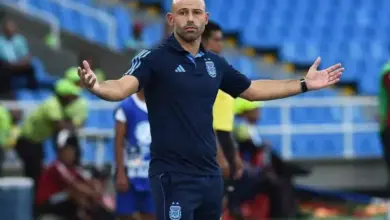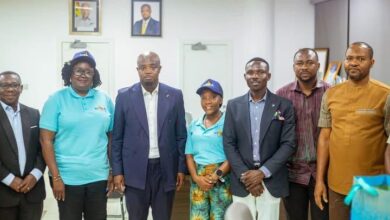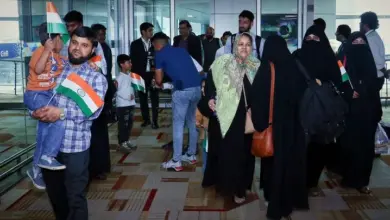MFWA, GIZ sharpen skills of journalists in investigative journalism
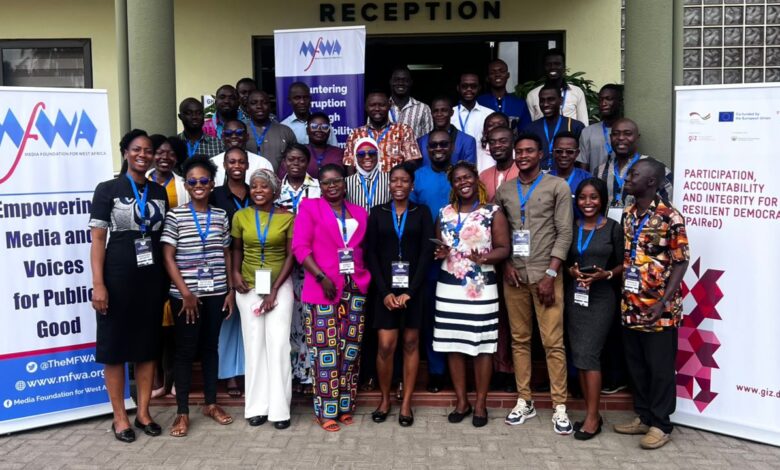
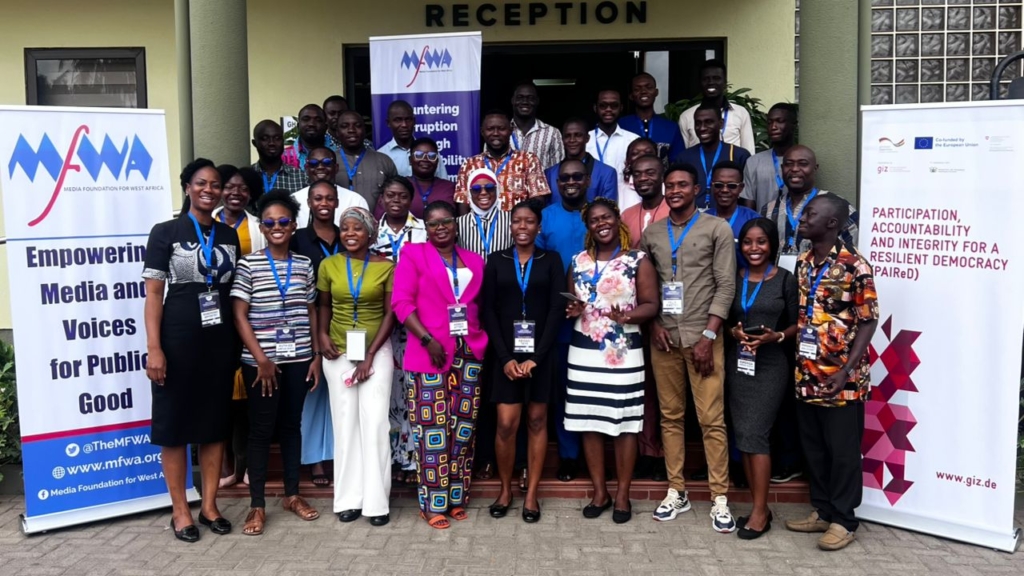
About 30 journalists and media practitioners from across Ghana have received intensive training in investigative journalism and anti-corruption reporting to equip them with the skills to strengthen accountability journalism and expose corruption.
The three-day workshop, organised by the Media Foundation for West Africa (MFWA) in partnership with the German Development Cooperation (GIZ), formed part of activities to strengthen the media’s role in promoting democracy and good governance.
The training was the first in a series on anti-corruption reporting, Right to Information Act, and data journalism on the theme “Countering Corruption through Accountability Journalism and Improved Freedom of Expression Environment in Ghana.”
It was on the “Participation, Accountability, Integrity for a Resilient Democracy (PAIReD)” programme, a four-year initiative implemented by the GIZ in partnership with the Ministry of Finance.
The PAIReD programme is an initiative of the German Federal Ministry for Economic Cooperation and Development (BMZ), co-financed by the European Union and the Swiss State Secretariat for Economic Affairs (SECO).
The Senior Manager, Media for Democracy and Good Governance at the MFWA, Rosemond Ebi-Adwo Aryeetey, expressed hope that the training would enhance participants’ skills to expose corruption among the elite in society.
She encouraged participants to take the training seriously to help boost their journalistic skills and achieve the objectives of the programme.
The Component Manager at GIZ, Kwaku Lartey Obeng, emphasised the need for accountability journalism to help fight corruption in the country.
“We all know that corruption robs nations of their future. It steals opportunities from children, drains resources meant for the sick, and dashes the hopes of our youth,” he observed.
Mr. Obeng said the PAIReD programme was aimed at strengthening governance systems through enhanced accountability, integrity, and citizen participation.
The Executive Director of the Africa Centre for International Law and Accountability (ACILA), William Nyarko, took participants through the processes of investigative journalism, including story ideas, investigation, and reporting for impact.
Mr. Michael Boadi of Transparency International, Ghana, educated participants on corruption and Ghana’s anti-corruption architecture, including relevant legal frameworks and the Corruption Perception Index.
He also presented on “Gender Differentiated Dimensions to Corruption in Ghana” and best practices in reporting on sextortion and other related corruption practices.
An Associate Editor at The Fourth Estate, Seth Bokpe, advised media personnel to prioritise their mental well-being while keeping the public informed and holding duty bearers accountable.
He noted that media personnel were often confronted with potentially disturbing issues and stress both at home and at the workplace, which could easily lead to depression.
Mr. Bokpe recommended that journalists should have access to psychologists, especially at critical times such as when covering horror scenes or going through difficult experiences at work and at home.
He stressed the need for media organisations to provide such support services in the workplace.
He suggested other remedies, such as sharing challenges with colleagues and friends at work, getting adequate sleep and rest to de-stress, and maintaining a healthy diet at all times.
DISCLAIMER: The Views, Comments, Opinions, Contributions and Statements made by Readers and Contributors on this platform do not necessarily represent the views or policy of Multimedia Group Limited.
DISCLAIMER: The Views, Comments, Opinions, Contributions and Statements made by Readers and Contributors on this platform do not necessarily represent the views or policy of Multimedia Group Limited.
Source link


